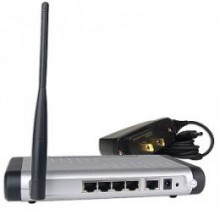Einstein's 'spooky' theory may lead to ultra-secure internet
Einstein's scepticism about quantum mechanics may lead to an ultra-secure internet, suggests a new paper by researchers from Swinburne University of Technology and Peking University.
Associate Professor Margaret Reid from Swinburne's Centre for Quantum and Optical Science said Einstein's reservations about quantum mechanics were highlighted in a phenomenon known as "'spooky' action at a distance."











































































